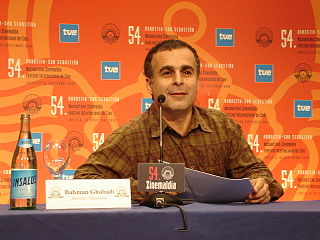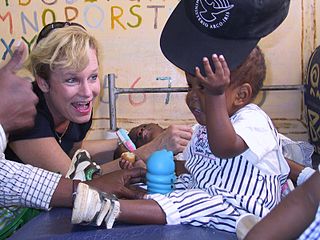A Quote by Romesh Ranganathan
I worry about my children, actually. I'm trying to give them a decent upbringing but I sometimes worry that that means they're going to be kind of mediocre adults. Like maybe I should throw them out for a bit and give them some adversity.
Related Quotes
The one concession I've made as I've gotten older is that my children are now adults and they're in their twenties and thirties and so I'm careful about how I write about them. I may write about them as a child, but I'm not going to write about their current struggles because they're adults and they can do it for themselves. I want to give them some space in a way I didn't when they were younger.
The thing is, some girls think they can actually change guys. And what’s funny is that if they actually did change them, they’d get bored. They’d have no challenge left. You just have to give girls some time to think of a new way of doing things, that’s all. Some of them will figure it out here. Some later. Some never. I wouldn’t worry about it too much.
[Kenneth Koch] taught children in public schools in New York City to write poems and told them down worry about rhyming, don't worry about any of that stuff. You know, write a poem where you mention three colors and make it five lines - or he would just give them, you know, little strategies. And, man, they wrote some great poems.
I think of the medium as a people-to-people medium, not cameraman-to-people, not direction-to-people, not writers-to-people, but people-to-peopleYou can only involve an audience with people. You can't involve them with gimmicks, with sunsets, with hand-held cameras, zoom shots, or anything else. They couldn't care less about those things. But you give them something to worry about, some person they can worry about, and care about, and you've got them, you've got them involved.
I make a lot of pots in a year's time and some of them are good and some of them are mediocre and some of them are bad. If they're really bad and I'd be ashamed of them, I throw them out, but if they're mediocre and they'll serve the purpose for which they're designed, that is, a mixing bowl or a soup bowl or a plate or whatever, I sell them. And this income from the sale of these pots permits me to go on and make other pots. It's even more important now that I've quit teaching, because I do not have a teacher's salary to fall back on.
The kind of response I hope for when I write my novels for children: to give them a chance to recognize something of their own feelings -- about themselves, their parents, their friends -- and their own situation as a kind of subject race, always at the mercy of the adults who mostly run their lives for them.
God wants your ministry to flow from the realization that you are a beloved child of God. In that place you don’t worry too much about how people see you. You don’t worry too much about whether they’re nice or mean. You don’t even worry about whether they love you or hate you. You don’t worry because you’re simply going to love them and love Him. This comes from knowing who He is and what He thinks of you. This is what it means to grasp you are a child of God.
People with the best intentions will often give you advice on why you shouldn’t take a risk because of what could happen. While some of what they say may be true, you should never allow them to get their negative anchors into your mind because, like them, you too will begin to sink. Next time this happens, throw them a life-line, and ask them what is good about their situation.


































